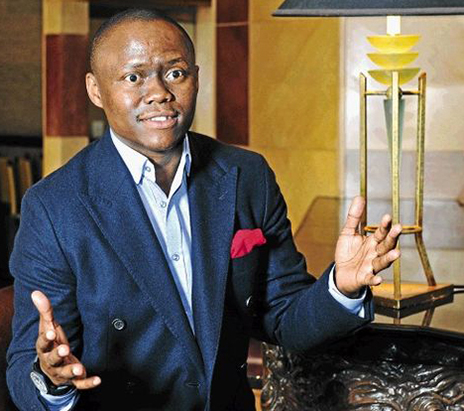10 Oct Agencies say they will meet pending transformation rules
This article was first published on financialmail.co.za
Agencies say they will meet new sector charter requirements but caution that “ownership isn’t everything”.
Pending transformation rules that will require agencies to be 45% black-owned by 2016 are “a positive development for the communications industry”, says Jupiter Drawing Room Johannesburg CEO Jerry Mpufane. They are “a welcome boost for the national goal to transform the SA economy”.
Jupiter Drawing Room is 51%-owned by local shareholders and 49% by the multinational WPP communications group.
Agencies that don’t meet the 45% threshold will find it harder to pitch for government work, including parastatal accounts like SA Airways, Telkom or Eskom. It may also count against them when bidding for work with private-sector clients whose own black economic empowerment (BEE) status is affected by that of their suppliers. Black ownership is one of seven industry BEE pillars, alongside management, employment equity, procurement, corporate social investment, skills development and enterprise development.

However, Odette van der Haar, CEO of the Association for Communication & Advertising (ACA), says it will account for 20% of an agency’s total BEE score.
The proposed black ownership increase, from its current 26%, is part of the marketing, advertising & communications (MAC) transformation charter.
Charter chairman Nkwenkwe Nkomo, who also chairs Draftfcb SA, says the final document is due to be presented to parliament this month. After 30 days for public comment, he hopes it will become law by June.
There has been a draft charter since 2008 but it has been used merely as a code of good practice. Companies in the communications sector have been able to use other, less stringent codes for their BEE accreditation. Once the MAC becomes law, companies and agencies will have until 2016 to comply.
Mpufane says transformation is not just about meeting the requirements of BEE scorecards. “It is also about the agency’s ability to deliver customer insights that shape the creative work. A diverse agency talent base is an essential ingredient in delivering creative messages that resonate with a diverse customer base.”
Draftfcb SA CEO John Dixon says his group is also throwing its support behind transformation. It is majority-owned from overseas. Locally, 26% is held by the Bourrasque BEE group and 23,9% by a staff trust.
“In particular, we embrace the provisions and intent of the MAC charter and are actively transforming our business in line with this,” Dixon says. “We plan to move the black ownership of our agency to at least 45% and are committed to matching or exceeding the other aspects of the scorecard as well.”
He adds: “The charter has been developed by the communications industry with a deep understanding of both the issues and opportunities in our market.”
Saatchi & Saatchi SA CEO Gail Curtis says agencies’ attitude to transformation must include more than shareholdings.
Saatchi’s BEE shareholding was 50% from 2000 until last year, when the France-based Publicis Group acquired Saatchi & Saatchi Worldwide, dropping the SA black shareholding to 26%.
One immediate result was that Saatchi SA had to relinquish Eskom’s 49m account, the campaign to curb national electricity usage.
BEE is not just a “shareholding conversation”, says Curtis. “We must ensure deals are real and equitable. A number of deals have fallen through while others are with partners who are not involved in the business or are outright fronting. There is no way you can change shareholding in a short space of time. You need to find the right people.”
— Sign up now for the Black Agencies email newsletter
